
AI Cheatsheet #1
Let’s kick off by exploring different AI use cases across various departments, and spotlight some key tools and providers in the field.
AI use cases:
All departments
> Communication: Help draft and correct emails, improving communication effectiveness.
> Knowledge: Read, understand, and summarise documentation.
> Learning: Recommend specific courses and resources to learn from. Productivity: Brainstorm, plan your day
Operations and finance
> Security: Breach risk prediction, respond to incidents
> Legal: Summarise documents, create contracts
> Recruitment (Sourcing): Match CVs, manage onboarding
> Admin: Automate E-mail generation, track time
> Customer support: Answer customer questions
> Finance: Process invoices, detect fraud, assess credit

Power Virtual Agents
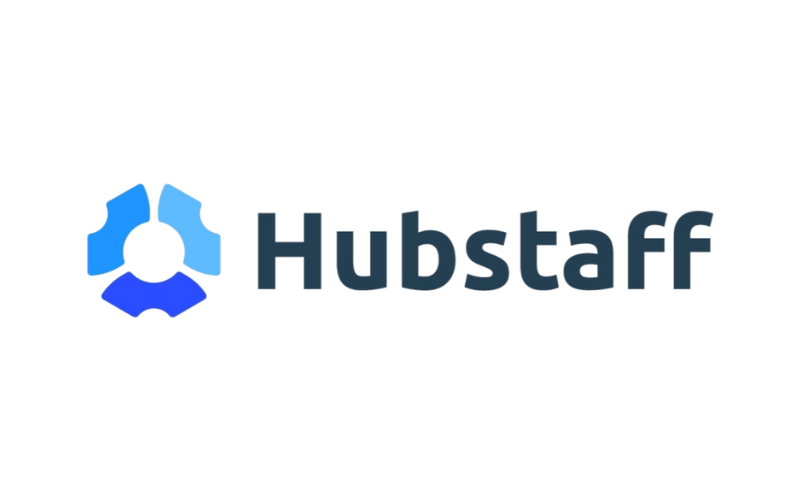
Hubstaff
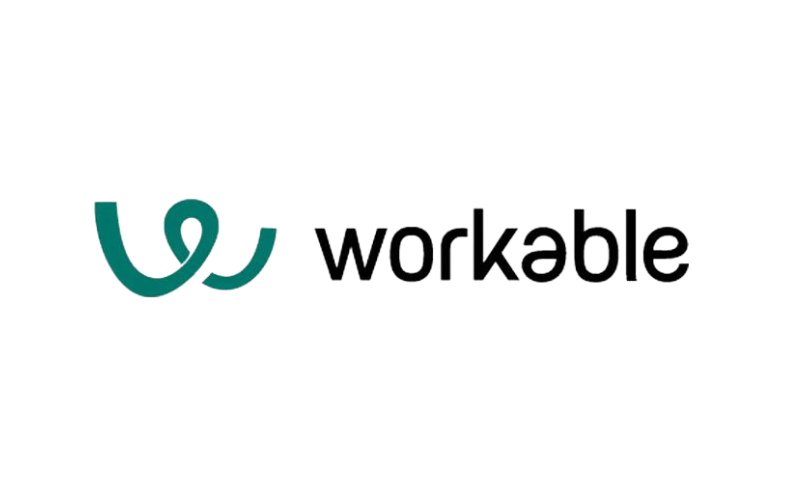
Workable

Darktrace

Bill

Humata
Business and product
> Product: Generate product ideas, automate note taking
> Strategic Planning: Analyse scenarios, get competitive insights
> Sales: Access predictive sales analytics, manage lead scoring
> Marketing: Generate content, segment target customers

Tableau
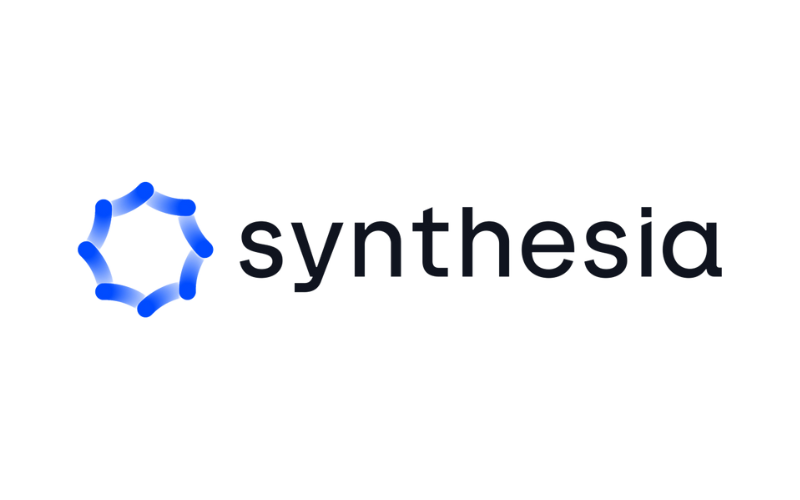
Synthesia

Lindy
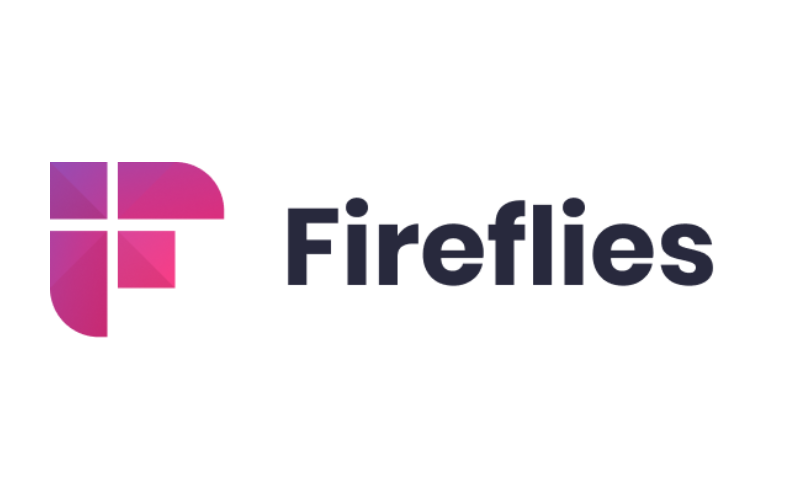
Fireflies

Crayon
Software engineering
Development
> Suggest code
> Automate code reviews
> Analyse requirements
> Optimise system design
> Predict bugs and security breaches

QA
> Automatically generate test cases
> Prepare visual testing
> Prepare UX Testing
> Identify bottlenecks
> Classify defects

DevOps
> Measure cost-saving
> Recommend resource configurations
> Manage resources
> Set up monitoring & alerts
> Automate workflows
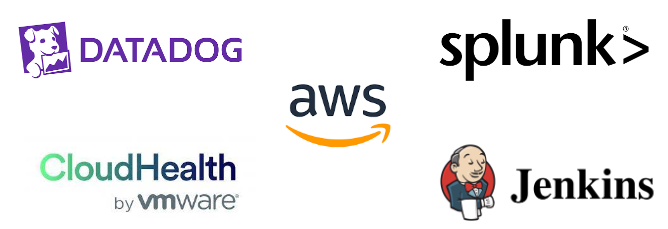
Snapshot of the AI universe:
AI experts are innovating in three key areas to improve their quality and efficiency, while trying to evaluate the impact of these changes. Our goal is to help you to understand the most important techniques and keywords in each area.
Context
Prompt with relevant info
Prompt input = Perception
Reasoning
Model and configuration
Trained knowledge + prompt memory = Decision making
Conclusion
Action (give answers, use tools)
Non-deterministic = Same input, different conclusion
Context:
It is crucial to give clear context. Check out these Prompt Engineering recommendations.

Zartis AI fact: It’s faster and cheaper to improve context instead of reasoning. Pick the right LLM to achieve the best outcomes.
Reasoning:
Model outputs are affected by the reasoning. You can create and modify this steps through techniques listed below:
Model merging
Mixture of experts
Fine tuning
Specific training (PEFT, QLora, Lora)
Quantisation
Reduce Size (GPTQ, NF4, GGML)
Configuration
Temperature, number of tokens, Top-K/N, frequency, presence
Zartis Tip: Use configuration to influence reasoning and adjust output for your needs: creativity and coherence levels, randomness, repetition, etc. The increase in the number of parameters leads to emerging abilities.
Conclusion:
AI Agents are LLMs interacting with physical or virtual environments and taking complex actions based on conclusions (e.g. send email, message on social media, book a flight). In order to complete their task, they can do several iterations on Context + Reasoning = Action, adding new context in each iteration.
Hallucinations
Non-deterministic seed & fingerprint
Evaluate results
Self-diagnose & self-correct
Zartis Tip: If you don’t know where to start, start with your data. Structure, clarity, accuracy – all are aspects of the data that will influence your LLM outputs the most.
List of useful links and papers:
Discover some of the resources that feed our research as well as useful links to tools and papers that are fueling advancements in the AI world.
Links:
AI Community: Huggingface
GPT Stores: GPTStore | GPTApps
Compare Chatbots: Compare models
Prompt Engineering: Strategies and tactics
AI Toolkit: Langchain | LLama index
Paper:
Impact of AI in the world – 1697521384274
The most positive economic implication of AI disruption will likely be accelerating labor productivity after many years of near stagnation.
AI Cheatsheet #1
If you have questions or require additional context on any of the information shared, please feel free to let us know by using the contact form or sending an email to sayhello@zartis.com!

